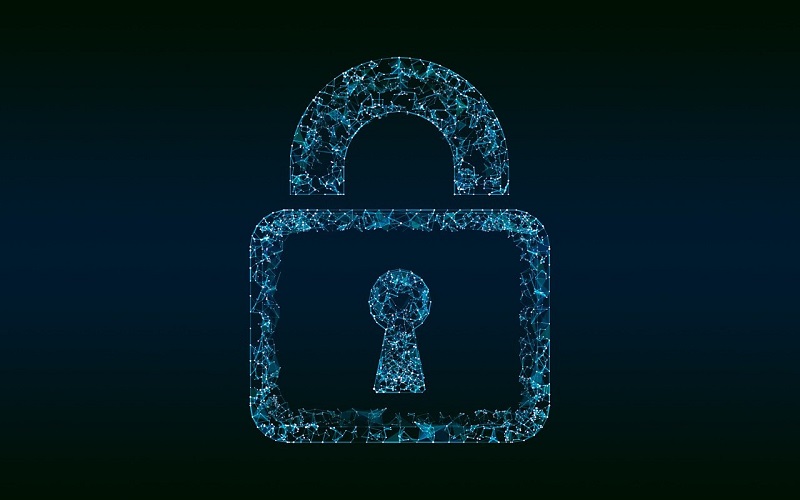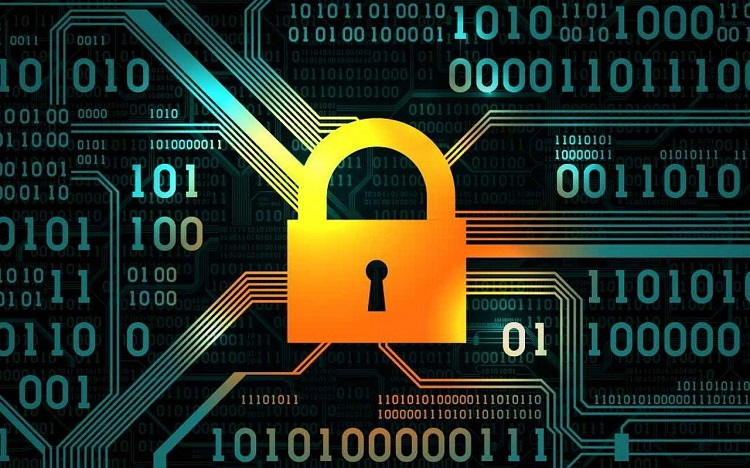Many businesses experience different forms of security threats, but cybersecurity incidents are the most common. Cybersecurity threats include hacking, malware, identity theft, data breach, phishing, and network intrusion.
How to Ensure You’re Prepared For Security Threats
Other physical factors can also pose risks to the operations of your business. As such, read on to learn how to ensure you are prepared for security threats.

1. Get Business Insurance
Some threats to your business are unavoidable, and they can lead to financial losses and damage to property. For instance, accidental fire outbreaks and other incidents like theft can severely affect the viability of your business.
To prevent such unfortunate scenarios, it is crucial to insure your business so that you get protection against any eventuality. There are different types of business policies that are designed to suit the needs of various people.
2. Train Your Workers
It is vital to provide training sessions to your workers so that they know how to handle different types of security threats they may encounter in their operations. It is important to understand safety risks with your devices so that you can avoid common types of cyberattacks. You should encourage your employees to take interactive online courses that help them understand different aspects of cyber threats and their impacts on business.
The workers should also understand other best practices, like not sharing passwords with third parties. Members should also change passwords frequently and learn to encrypt data. You should also encourage team members to use websites they trust to avoid network intrusion.
3. Install Antivirus Software
Malware is a serious security threat to your data, and it can impact your operations in many ways. If you do not have a backup for your information, malware attacks can lead to the loss of crucial data, negatively affecting your business. To avoid this, you need to install antivirus software to protect your devices and critical documents.
4. Know the Signs of Computer Problems
You must know the different common problems that can affect your computer and take corrective measures to address them. For instance, a blue screen means hardware failure, so you must take the necessary steps to correct the challenge.
You must also know the right time to replace your computer to avoid downtime when your computer suddenly fails to start. Additionally, it is essential to ensure that all other equipment that you use for your day-to-day operations is in good working condition.
5. Back-Up Your Data
It is important to backup your data in case your system is hacked or external physical elements damage the computer. When you use external media, make sure that you keep the tools in a secure place so that they are not damaged. Alternatively, you can also backup your data in the cloud, and this is probably the safest and convenient method of storing our information.
Your files will be stored in remote servers, but the good part is that you can access them using any device and from any place as long as you have access to the internet. This method gives you peace of mind since there are no fears of losing crucial information for your business.
6. Know What’s in Your Inventory
You must constantly update the details about your inventory so that you do not run out of vital tools to use in your business. Some equipment gets damaged and becomes obsolete, which can pose a security threat to the employees.

Such instruments should be replaced before they impact productivity in your organizations. You should also keep pace with the latest technological development to prevent certain unprecedented events that you can encounter in your operations.
7. Install Alarms and CCTVs
Above all, you should install security systems like alarms and CCTV so that you can monitor everything taking place within your company or even home. Apart from the dangers posed by burglars, you also need to monitor your workers to ensure that they do not violate the company regulations. An alarm can also alert the security details if there are intruders at your premises.
If you operate a business, you should know that various threats can affect its operations.
Cybersecurity incidents like hacking pose the most serious threat to any business as they can lead to financial loss. Hackers can also steal crucial information about your business, which can affect its operations.
You must also ensure that you install security systems like alarms and CCTVs to ensure that your place is safe from burglars. The latest technology allows you to monitor your property using a smartphone from anywhere. More importantly, you must get the right policy for your business.



















